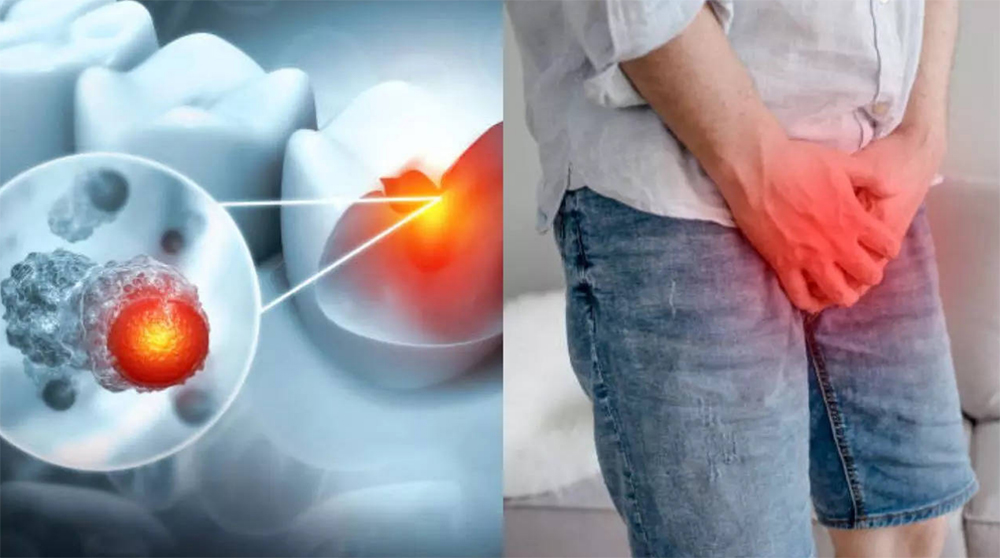An elderly Englishman got diagnosed with prostate cancer after he went to a dentist to get his recurrent toothache treated. According to experts, despite the doctor extracting his tooth, he continued feeling the pain and swelling in his jaw, after which a detailed investigation confirmed his cancer.

A 78-year-old otherwise healthy man went to a dentist after a toothache, hoping for a quick treatment. The doctor decided to extract the affected lower left premolar to relieve him of pain. However, instead of getting fixed, the area began to swell.
Within weeks, the entire jaw had swollen, and the man was in tremendous pain. Concerned, he returned for a follow-up, which led to a CT scan revealing a lesion in his jaw. And further detailed investigation confirmed he was suffering from metastatic prostate cancer—a condition in which the cancer spreads to other parts of the body.
Why does prostate cancer spread to the jaw?
According to doctors, it happens as the jawbone, which has a rich blood supply and active bone marrow, makes it a favorable site for metastatic cancer cells to settle and grow.
Metastatic prostatic cancer is relatively rare in the jaw, but when it does occur, it's usually a sign that the cancer has spread widely.
In many cases, when the treatments do not show positive signs, it may indicate a deeper underlying issue and so it is important to recognize and diagnose jaw metastases before they advance.















